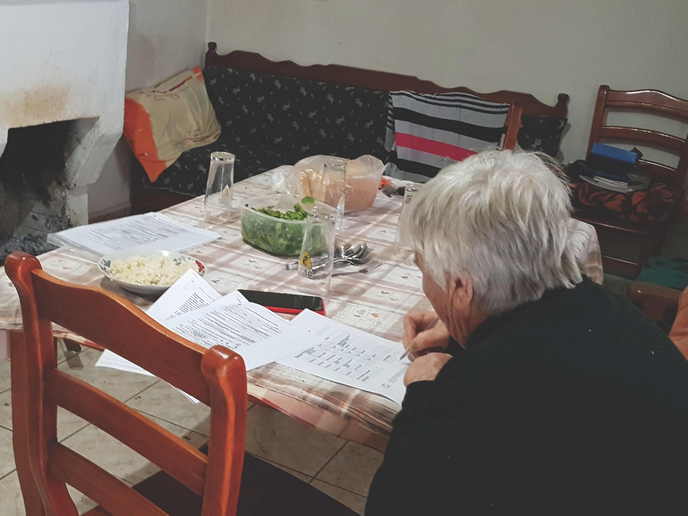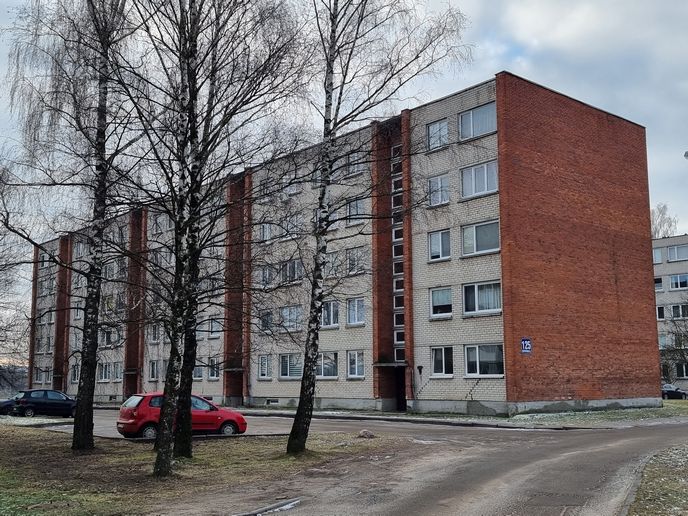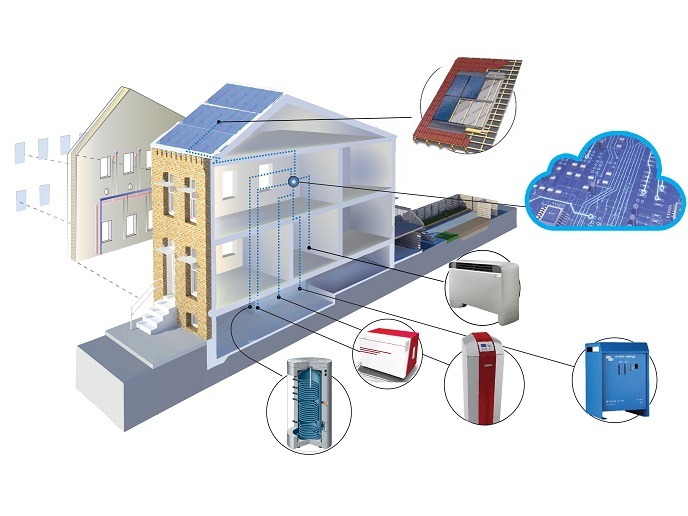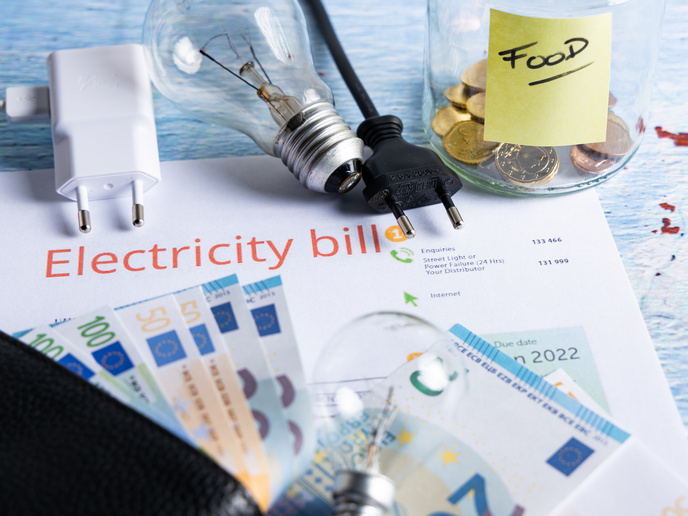Tapping collective assemblies to tackle gender disparity in energy poverty
As Europe strives to meet the goals of the Green Deal, households affected by energy poverty are at risk of being left behind. The EU-funded EmpowerMed project couples personalised support with social empowerment to help residents in coastal areas of six EU countries: Albania, Croatia, France, Spain, Italy and Slovenia.
Home energy needs in the pilot sites
Many homes in the pilot areas lack adequate insulation and cooling units. Some households lack pre-installed heating systems and often rely on electricity-based heat sources. Because these areas are popular vacation destinations, some locals must also compete for housing with the tourist industry. Householders often lack stable, well-paying jobs, and are at risk of debt and the threat of disconnection from the power supply. Site visits provide energy poor residents with LED lights, insulation strips, water-saving shower heads and other energy-efficiency devices. Direct contact with householders also helps the project collect information about energy poverty. According to project coordinator Lidija Živčič: “The EmpowerMed project provides insights into the characteristics of affected households, their housing conditions, perceived thermal comfort, difficulty in affording energy, health conditions and the need for empowerment.”
Targeting women experiencing energy poverty
Just as regional aspects impact the nature of energy poverty, so too does gender. A woman is more likely to experience poverty and social exclusion, and these factors raise the likelihood that she will live in a household affected by energy poverty. Because of the traditional division of labour, women tend to spend more time working in the home, further raising their exposure to energy poverty and its negative effects on health and wellbeing. Through its engagement efforts, EmpowerMed has gained insight into the particular challenges faced by women. Živčič says: “EmpowerMed shows that women are strong actors in the implementation of solutions to energy poverty and defenders of the right to energy in their homes and communities. We believe women should be at the heart of the EU's just energy transition to help ensure that we leave no one behind.”
Collective advisory assemblies
EmpowerMed has run training sessions to share experiences and know-how across pilot areas and prepare frontline workers. EmpowerMed partnered with a variety of local actors, including social service organisations, local councils, women’s clubs and healthcare providers to support vulnerable households. Collective advisory assemblies (CAAs), a replicable model for peer-to-peer support, are a noteworthy project achievement. Typically gathering 10 to 30 people in a public session, CAAs provide group empowerment for those experiencing energy poverty. EmpowerMed received the European Social Innovation Prize in 2023 for this innovative approach.
Measuring success in the fight against energy poverty
The project has directly supported over 2 400 women across Europe. It has hosted almost 130 collective advisory assemblies involving close to 2 400 people, 1 502 of whom were women. EmpowerMed has trained over 500 over local actors, and within the project, the partners reached over 8 800 men and women experiencing energy poverty. This resulted in improved wellbeing, energy savings, as well as economic savings for the households.
Keywords
EmpowerMed, energy poverty, collective advisory assemblies, coastal Mediterranean, women-led households, health







